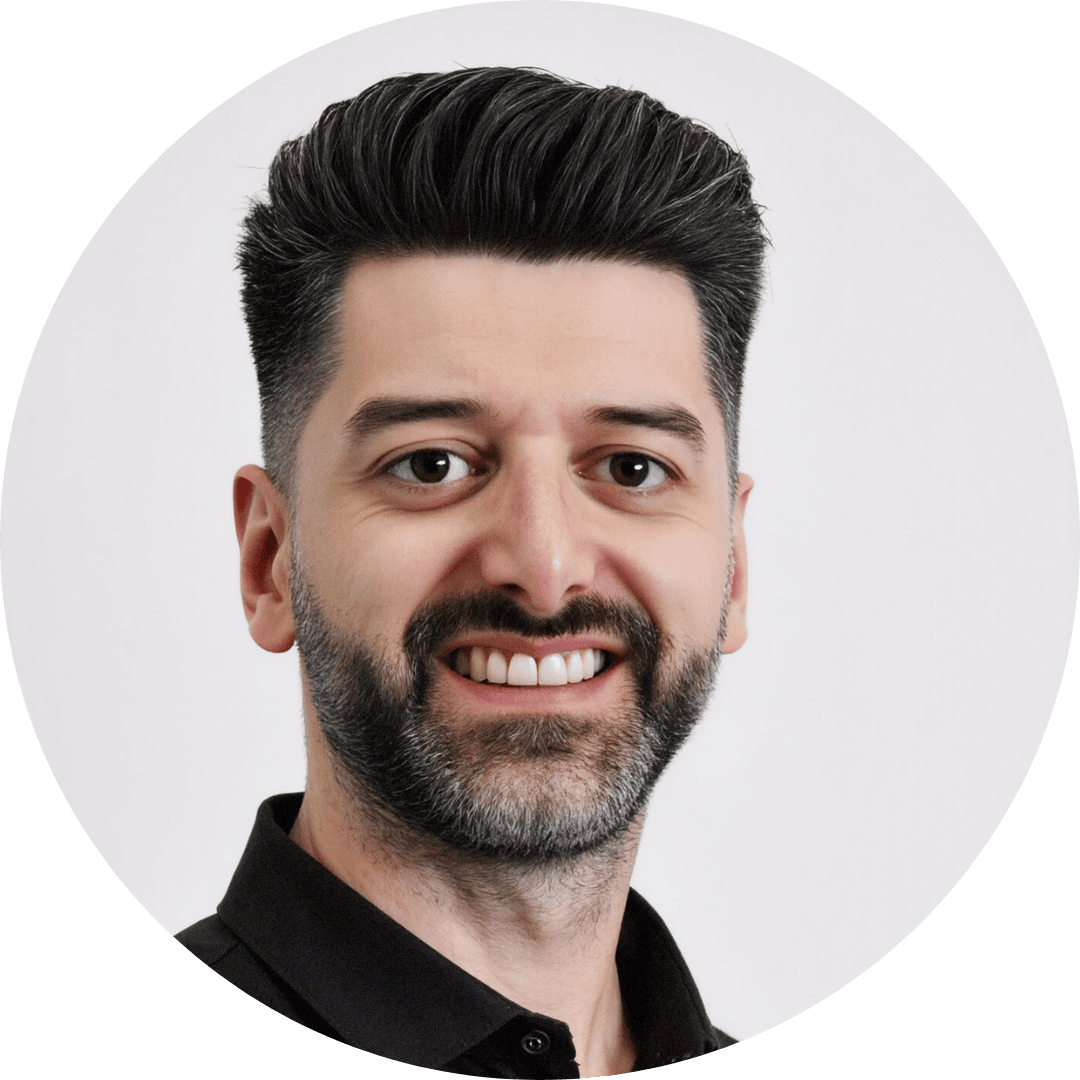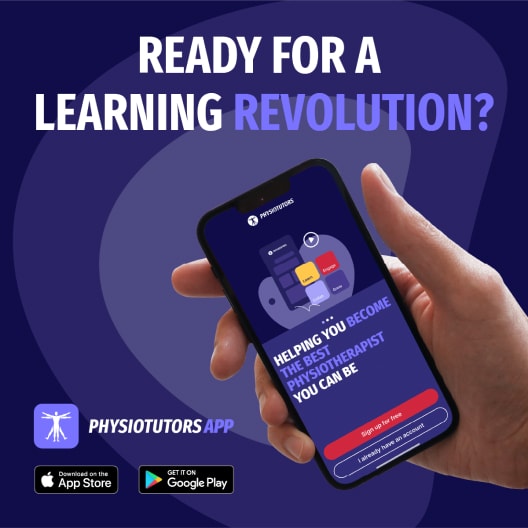

Vestibular Rehabilitation: EBP for dizziness and balanceproblems
€1195,00
Prefer third-party payment? Use the option below.
- Language: Dutch
- Learn from a leading expert in the field of vestibular rehabilitation
- Accreditation with the Kwaliteitshuis and PQK pending
- Includes a delicious lunch, snacks & on-site parking
Instruktori

Firat Kesgin
Opis
A disorder of the vestibular system can lead to symptoms such as dizziness and/or balance disturbances. In recent years, new methods have been developed that place strong emphasis on fine eye-head coordination and the integration of the vestibular system into balance regulation.
As a result, dizziness has become a clear indication for targeted therapy. For example, benign paroxysmal positional vertigo (BPPV) is now treated differently from vestibular hypofunction or loss. The time when a single basic exercise—such as the Brandt-Daroff exercises—was used for all forms of dizziness, from BPPV to vestibular deficits, is long gone.
The treatment of BPPV, for instance, requires accurate identification of the affected semicircular canal before the appropriate repositioning manoeuvre can be applied. An incorrect manoeuvre may worsen symptoms and unnecessarily complicate the treatment process.
Managing dizziness and balance disorders therefore requires a specialized approach. This creates a unique opportunity for physiotherapists to specialize in a new and highly engaging field of rehabilitation.
Vestibular rehabilitation is an evidence-based and highly effective intervention. Its efficacy has been demonstrated in several systematic reviews, including a Cochrane Review. Given that vestibular symptoms are commonly encountered in pediatrics, geriatrics, neurology, trauma care, and even sports medicine, it becomes clear how essential this knowledge is for every physiotherapist.
Study Load
This course consists of 2 blocks of 2 days, with 7 hours of contact time per day—totaling 28 hours.
An additional 8 hours are estimated for reading scientific articles and preparing for the assessment on day 4.
The total study load is therefore 36 hours.
Assessment
During the course, your knowledge and practical skills in vestibular rehabilitation will be assessed. Upon successful completion of the assessment and full attendance, you will receive the Vestibular Therapist Certificate issued by the Institute for Vestibular Rehabilitation Therapy (IVRT) and will be listed in the official IVRT Therapist Registry.
Participation in the assessment is not mandatory. If you choose not to take the exam, you will still receive a certificate of attendance (provided full attendance), but not the official IVRT certification, and you will not be listed in the IVRT Therapist Registry.
Study Goals
Upon completion of the course, the physiotherapist will be able to clinically assess and treat patients with dizziness and balance disorders based on the latest scientific evidence.
He/she will be able to:
- Screen and assess patients presenting with dizziness and balance complaints;
- Interpret results from previously conducted medical investigations;
- Analyze the outcomes of the diagnostic process and draw appropriate conclusions;
- Independently develop a treatment plan for patients with vestibular disorders;
- Evaluate the effectiveness of vestibular rehabilitation using relevant tests and measurement tools;
- Provide patient education for individuals with vestibular conditions.



